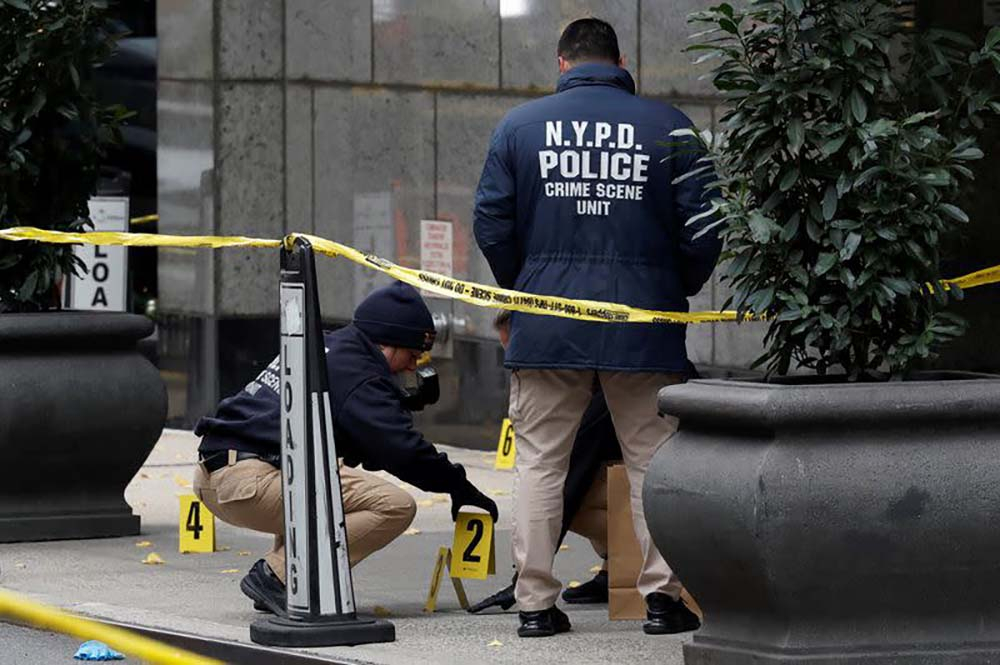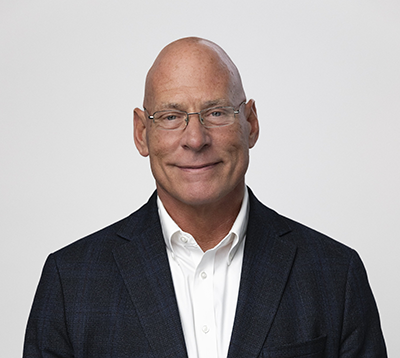Execs scramble for protection following fatal CEO shooting
By Cory Harris, Editor
Updated 12:45 PM CST, Wed December 11, 2024

NEW YORK—The fatal shooting of UnitedHealthcare CEO Brian Thompson outside a New York City hotel on Dec. 4 has led to a surge of requests for executive protection, says Glen Kucera of Allied Universal.
Kucera, president of the Enhanced Protection Services business unit at Allied, noted that the phones started ringing at the company about 15 minutes after the story broke of the shooting. Since then, Allied has received hundreds of inquiries from existing and new customers.
 “This is all front and center now,” he said. “Everybody needs to take a hard look at where they need to provide additional services. Going forward, all these large companies and executives will be assessing their security posture and what events are going to require more physical security.”
“This is all front and center now,” he said. “Everybody needs to take a hard look at where they need to provide additional services. Going forward, all these large companies and executives will be assessing their security posture and what events are going to require more physical security.”
Thompson was walking unaccompanied as he headed toward the New York Hilton Midtown for his company’s investors’ conference when he was shot and killed at close range by accused gunman Luigi Mangione.
Allied already provides security services to 80% of Fortune 500 companies but only offers executive protection for a “much smaller percentage” of those companies, Kucera says, but that may change in this new environment.
“Even if it seems necessary, sometimes it goes to the executive group and they say, ‘Hey, I don't want that. That’s not part of my culture. I don't want my employees to think I'm not safe. I don't want my customers to think that we're not safe,’” he said. “(But now) even if the CEOs and executives don't want that protection, it will probably be mandated by the board of directors, investors or the executive committee to say, ‘Hey, there are certain instances that you don't have a choice.’”
Implementing executive protection often involves visual deterrence, whether it’s a K9 team or an armed operative, which is 95% of what Kucera’s unit does, he says.
“There's two people for me to take care of instead of one,” he said. “All of that is visual deterrence, trying to make the perpetrator have to reconsider his act, because now there's a factor that he or she did not expect.”
Kucera noted that decisions made by high-level executives can have a serious impact on the psychological state of others, in this case those who are denied coverage or treatment. The bullets used in Thompson’s murder reportedly had the words delay, deny and defend carved into them.
“This is an eye-opening situation,” he stated. “Those decisions that are made in health care are either quality-of-life decisions or life-and-death decisions, so if something doesn't go as expected, it conjures an extremely aggressive posture. These become very emotional decisions, and those emotional decisions lead to more aggressive outcomes, in terms of crime.”
Comments